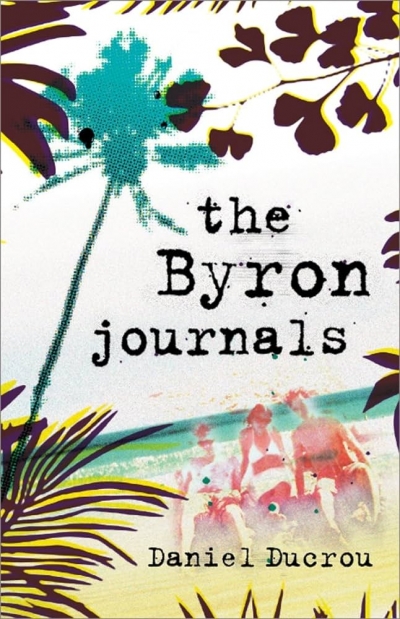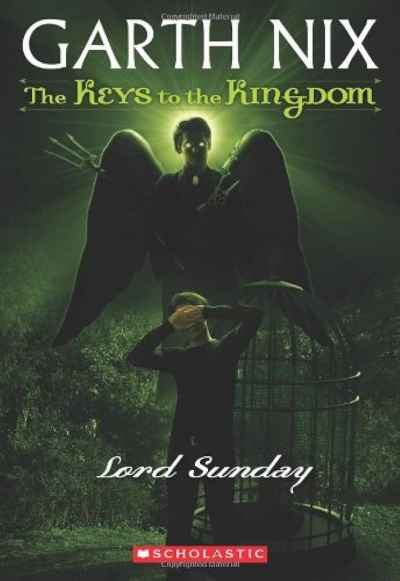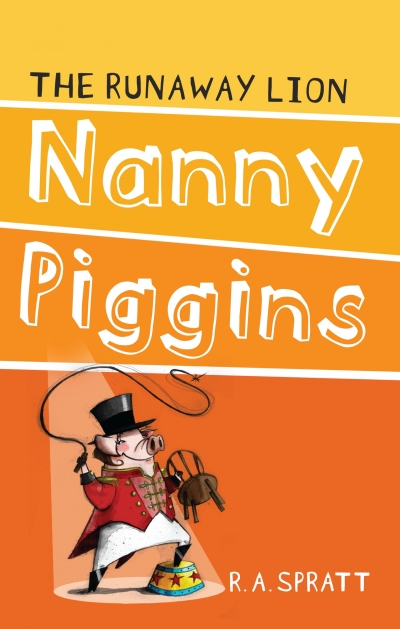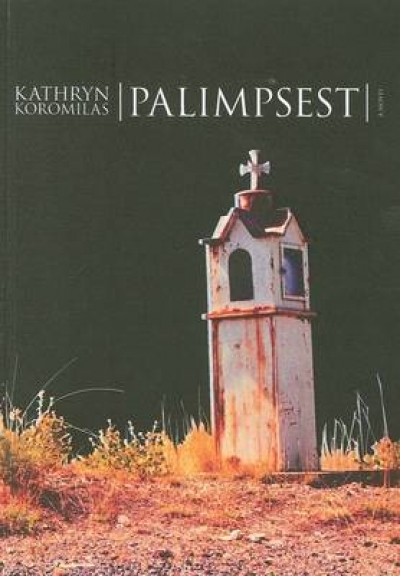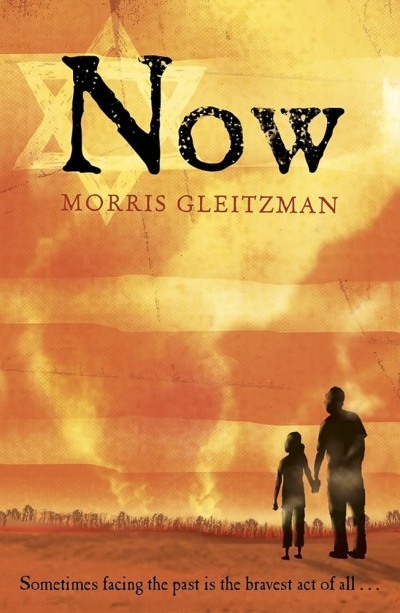Archive
In Australia, fewer than one in three expected deaths takes place outside an institution, but eighty per cent of people say they would rather die at home.
... (read more)Why do you write?
It’s not really a choice, but a necessity. Usually, it is the pressure of an idea or an emotional state that only seems to be satisfactorily released as words on a page. Sometimes, if there is a choice involved, it is in choosing not to write.
Are you a vivid dreamer?
Yes. A lot of my work originates in dream. Glissando began as a transcription of a dream I had longer ago than I care to admit.
... (read more)Tragedy and loss
Dear Editor,
In his otherwise eloquent defence (‘Seeing Truganini’, May 2010) of Benjamin Law’s busts of Truganini and Woureddy as ‘irreducible historical objects’, secular works of art and therefore items that should be available for free discussion and exchange, and also in his sketching of the various shades of guilt accompanying this very complex issue, David Hansen, a professional curator, is, I feel, himself ‘guilty’ of looking around these works rather than at them – in fact, not ‘seeing’ them. Dr Hansen says: ‘It is not the sculpture that conveys the extinction myth, but the way the image is and has been used in another past, a later past.’ Focusing on Truganini, he details how, when her bust was made, there were still ‘two hundred full-blood Palawa living’, Darwin’s ‘Origin’ was twenty years off, Truganini was ‘smart and vivacious, young and attractive’, and she and her treaty group were ‘A-list colonial celebrities’.
... (read more)In an essay on the poetry of George Crabbe, Peter Porter wrote, ‘It is a great pleasure to me, a man for the littoral any day, to read Crabbe’s description of the East Anglian coast.’ Happily, there is by now a substantial and various array of writings about Porter’s work, and I would like simply to add that his being, metaphorically, ‘a man for the littoral’, with all its interfusions, is one of his distinguishing qualities, and something to rejoice in. Coastlands, and marshes, are essential to his intellect and to his imagination. He may never have had one foot in Eden, but he did rejoice in a plurality of territories.
... (read more)Patronage and ABR
Private philanthropy has never been more important for the arts, as costs (and expectations) rise, and as traditional sources of funding and revenue become more unpredictable. ABR has had some success in this regard since entering the field two years ago, but June marks a turning point for us, with the formal launch of our philanthropy program in Melbourne, on 2 June. David Malouf, one of Australia’s most celebrated writers, is our guest speaker. There will be more such events around Australia in coming months.
... (read more)
